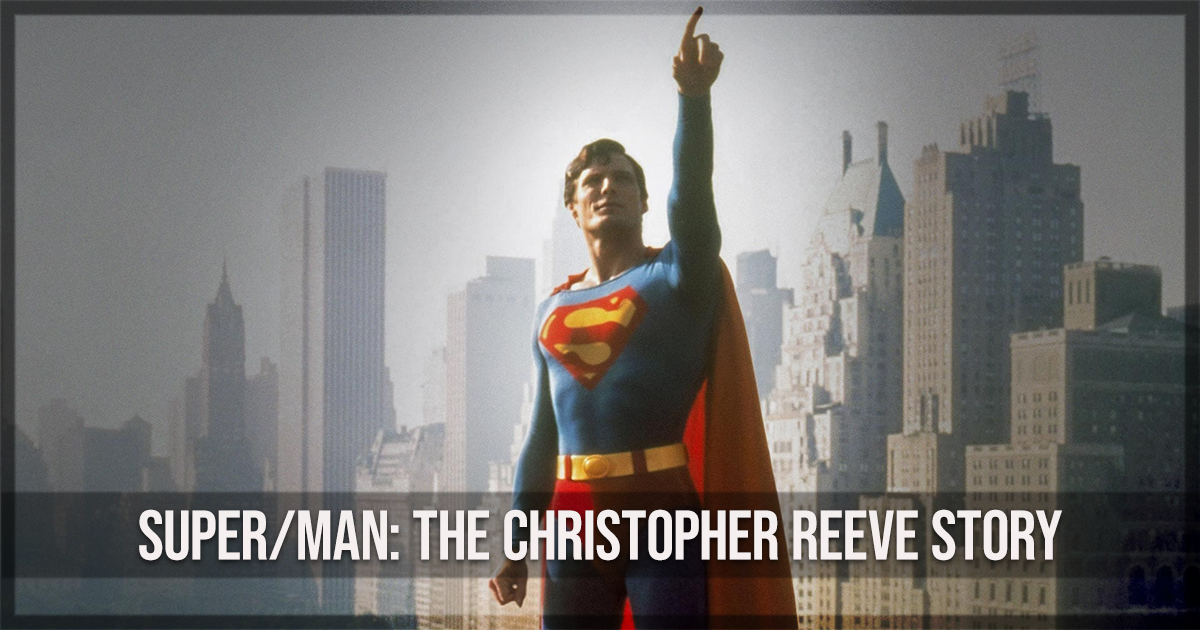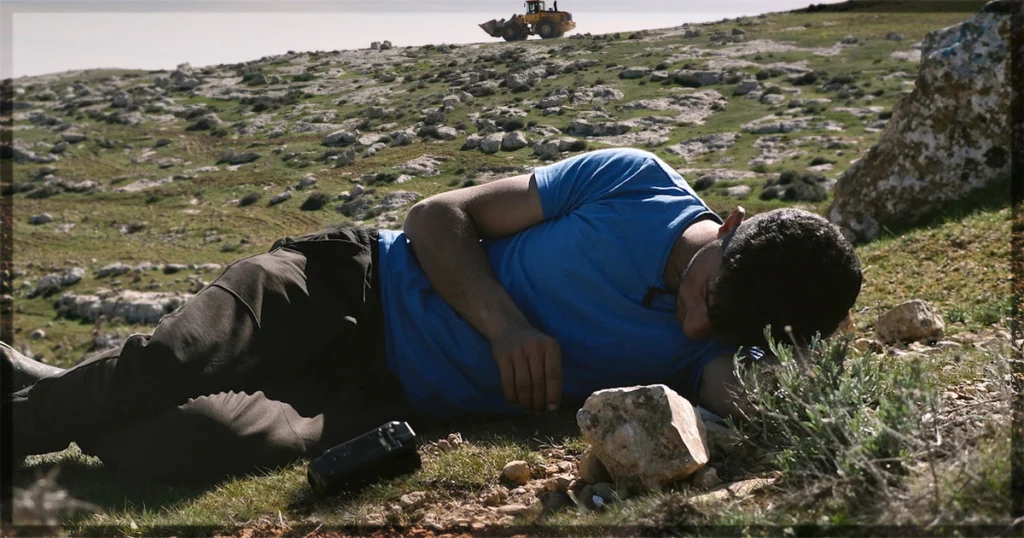In the song Yin Yang from their acclaimed project BRIME, the Brazilian trio Febem, Fleezus, and CESRV analyze the uncertainty of life and how things can change abruptly. In one of the lines, Febem says, Even Superman fell from the horse, comparing how everything transforms in a fraction of a second. In this sense, the infamous Christopher Reeve accident on May 27th, 1995, became a metaphor for abrupt life changes. In a moment, he was the icon, a classically trained actor who would spend his free time riding horses. Then, a fall has shifted everything. Reeve lost his movements, and the medical crew performed on him a first-time procedure. Reeve, the symbol for portraying the world’s strongest superhero, became paralyzed for the rest of his life.
Directors Ian Bonhôte and Peter Ettedgui use a combination of family footage, archival from films, TV shows, and theater, and talking-head interviews to compose a holistic picture of Reeve, specifically after the 1995 accident. We hear from Christopher’s three children, Alexandra and Matthew, from the first marriage with Gae Exton, and William from the marriage with Dana Morosini. Their stories guide the viewer into the contradiction of their life. Their father would teach them how to ride horses and play different sports. Then, they would support him through the long process of therapies to provide him with a quality life. The directing approach presents Reeve from the two different moments of his life. Firstly, they utilize a standard documentary introduction to lead until the casting process of the 1978 Superman film. It shows how he was to viewers who may only know him as the DC iconic character. However, he was a highly skilled actor before playing the superhuman. He would act with the legendary Katharine Hepburn in the Broadway play A Matter of Gravity and with his friend William Hurt in My Life for Circle Repertory Company. There is a formulation to create a differentiation between the two halves of his life.
Furthermore, the thesis elevates Reeve to a figure similar to a Greek sculpture. It is even visually presented as such; as he suffers the adversities, the marble from the figure starts to wear out. It is a clever metaphor to humanize someone portrayed as the most muscular man alive. And it is what Bonhôte and Ettedgui go for most of the time, a humanization and presentation of a man who fought until his last breath. The unfolding of his life afterward is the most fascinating part. It is the tale of how he became an advocate for disabled people and those with spinal cord injuries. In this sense, he started the Christopher Reeve Foundation with the Center for Rehabilitation but also promoted events to raise money to fund stem cell research. It reveals the persona of someone trying to heal their pain but also to help others suffering from the same problem.
Regarding the documentary construction, the film hangs immensely from the rich archival footage provided by the Reeve family. The editing by Otto Burnham, who also has a writing credit, uses the home recordings to establish the relationship between Reeve and his children. The writing discusses the distance between him and the older kids, mainly due to the divorce and because they would live with their mother. The structure is beneficial for what it proposes. There is a tentative of bringing nuance to how he used to parent. In this manner, the film avoids the typical method of telling stories of celebrities in biographical documentaries. The film shows the differences that disability brings to his children, mainly concerning intimacy and connection between Reeve and them.
However, the film drags in the second half and gets into a repetitive route that adds length, diminishing the emotional impact. The latest part is responsible for acknowledging the last years of his life, losing rhythm to close on an impactful note. Fortunately, it circles back to the children, who tell heartbreaking notes about losing their father and carrying on a heavy legacy.
Super/Man: The Christopher Reeve Story is an emotional story about an actor who got eternalized for depicting an iconic character. However, his life afterward is even more impressive than in the Superman comics. He got to advocate for those who needed him, even when he could not move from his neck down. It uses abundant archival footage to give a different view of someone attached directly to the idealization of strength and power. After all, Christopher Reeve was strong enough to advocate for people suffering like him and loved his family dearly.
Super/Man: The Christopher Reeve Story is now streaming on digital.
Learn more about the film, including how to watch, at the official website.


